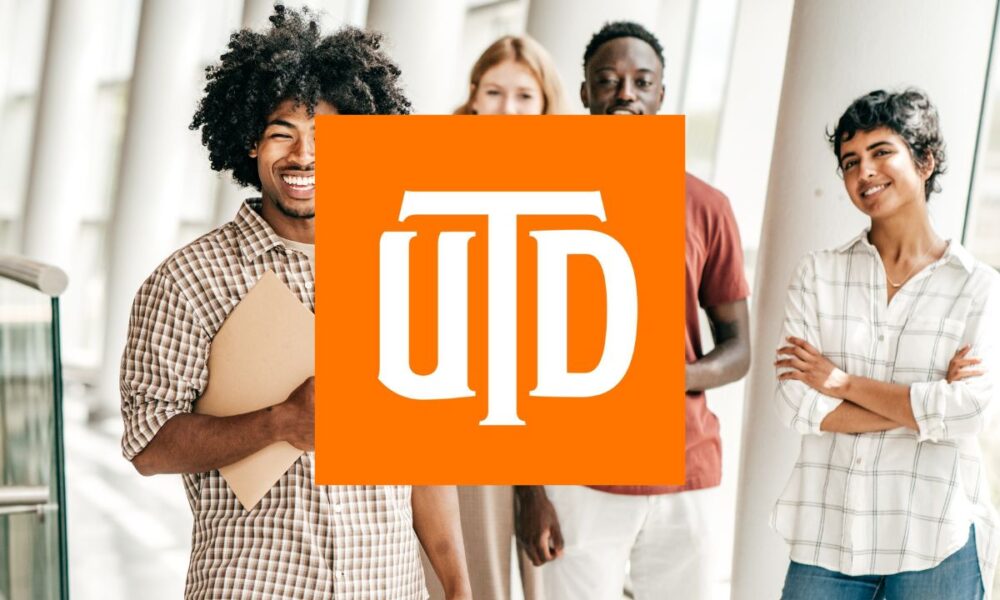The University of Texas at Dallas has spent more than $1 million since 2020 sponsoring foreign workers through the federal H-1B visa program, according to records obtained by The Dallas Express through a Texas Public Information Act request.
The university disclosed that it paid $1,103,165 between September 2020 and August 2025 in fees associated with hiring or sponsoring employees under H-1B visas, which enable U.S. employers to employ skilled foreign professionals in roles that require at least a bachelor’s degree or higher. UT Dallas did not respond to a request for comment.
According to the documents from the university’s Office of Legal Affairs, the costs included filing fees paid to the Department of Homeland Security and credentialing services to verify foreign degrees. The university stated that it does not cover travel, relocation, or dependent visa costs. All H-1B petition work is conducted in-house by “immigration specialists who work within the Office of Human Resources,” the records said. The two specialists are paid $75,000,
The UT Dallas documents also confirmed that the school’s H-1B filings totaled over $946,000 in Homeland Security payments over the five-year period, with credentialling costs accounting for roughly $7,00. Records show the university did not rely on outside counsel for these filings.
The federal H-1B Data Hub indicates that approximately 300 H-1B beneficiaries have been approved to work at the UTD since 2020.
The privately operated H-1B salary database, which catalogs data from the Department of Labor’s Labor Condition Application disclosure, is the first step in the H-1B process. It shows that UT Dallas filed at least 62 H-1B applications in 2023 and 31 in 2024, with salaries ranging widely depending on title and department.
In 2024, over half of the positions (51.6%) paid less than $100,000, while 12.9% paid more than $200,000. Most were for assistant professor roles, though the school also sought to fill research and engineering positions. In 2023, the median salary for H-1B positions was $84,880, and more than 60% of workers earned under $100,000.
The records did not reveal how many of these roles were occupied by former students transitioning from student visas to work visas. The university’s heavy reliance on H-1B hires contrasts with efforts in some other states to restrict the practice.
In Florida, Governor Ron DeSantis last week urged state universities to end the hiring of foreign nationals through H-1B visas, saying he wants the Florida Board of Governors “to pull the plug” on the program. “Universities across the country are importing foreign workers on H-1B visas instead of hiring Americans who are qualified and available to do the job,” DeSantis said in a statement.
DeSantis cited examples of positions filled by workers from China, Argentina, and Canada, referring to them as “cheap labor,” according to The Guardian. Over the last five years, approximately 1,300 H-1B beneficiaries have been approved to work at the University of Florida, according to the federal H-1B database.
On the private sector end, tech moguls such as Elon Musk have stated that H-1B labor is essential to their companies’ success. “The reason I’m in America along with so many critical people who built SpaceX, Tesla and hundreds of other companies that made America strong is because of H1B,” Musk previously tweeted.
While lawfully present aliens can not be legally discriminated against, states are not required to take the extra action of recruiting H-1B workers and paying their fees.
President Donald Trump raised the H-1B application fees from a few hundred dollars to $ 10,000 last month, according to DX.
Reaction across industries has been mixed. Some startups are expected not to be able to pay the fees for new foreign workers living abroad, NBC reported.
However, the leadership of some tech giants, such as Nvidia, has indicated that the company will continue paying the new fees, DX reported.
UT Dallas, like other public universities, is considered “cap-exempt” from the annual H-1B lottery, meaning it can effectively file an unlimited number of petitions throughout the year.
While UT Dallas did not explain its rationale for extensive H-1B spending, the disclosures place it among the growing number of Texas universities quietly investing heavily in foreign recruitment, even as political scrutiny of the program intensifies across the country.


